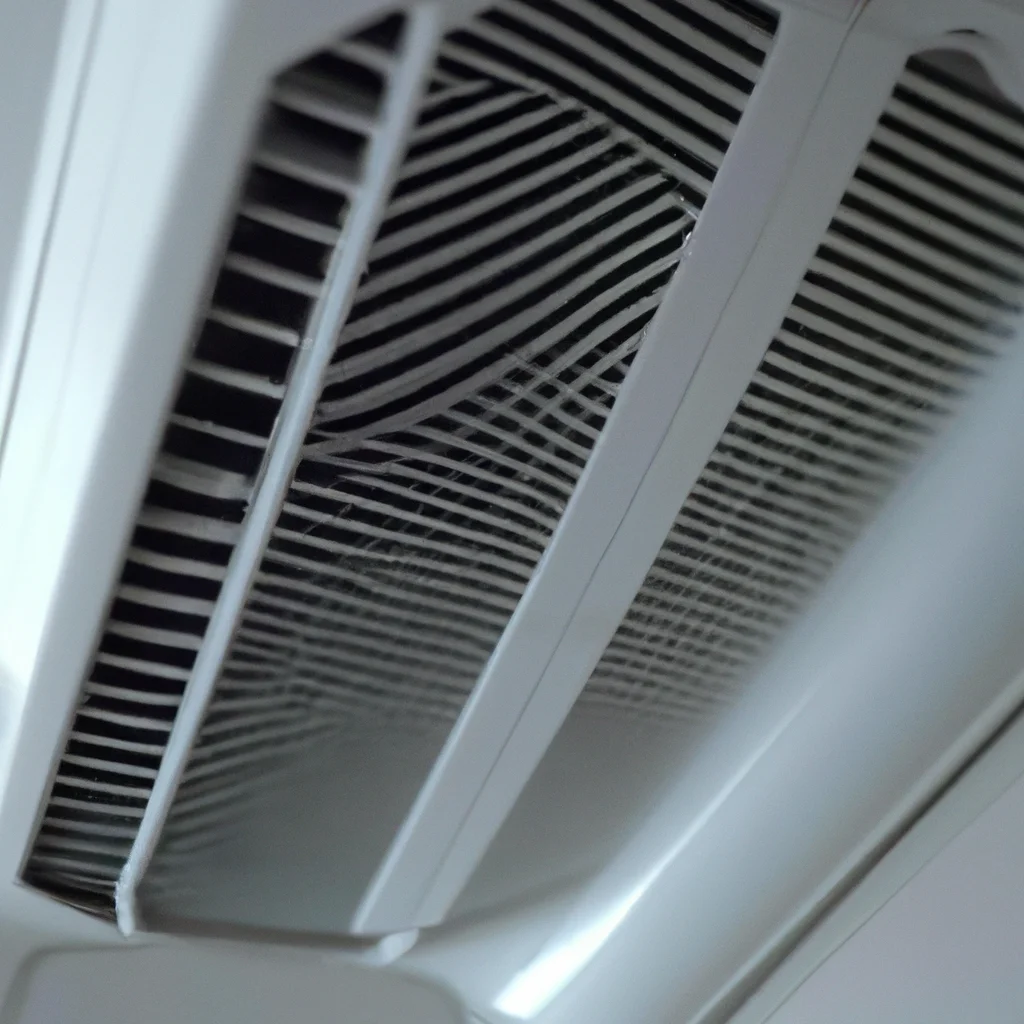How does an air conditioner cool the air?


How does an air conditioner cool the air?
How Does an Air Conditioner Cool the Air?
Air conditioning is a common feature in most homes and offices. It is a crucial aspect of the HVAC (heating, ventilation, and air conditioning) system that ensures comfort and convenience in indoor spaces. An air conditioner works by cooling the air, but how exactly does it achieve this? In this article, we will delve into the inner workings of an air conditioner to understand how it cools the air.
The Basics of Air Conditioning
Before we dive into the specifics of how an air conditioner cools the air, it is essential to understand the basic principles of air conditioning. Air conditioning is a type of refrigeration that uses a cooling system to remove heat from an indoor space. The cooling system consists of three main components: the evaporator, compressor, and condenser. These components work together to cool the air.
The Evaporator
The evaporator is the component responsible for absorbing heat from the indoor air. It is a heat exchanger that contains a refrigerant. The refrigerant is a substance that can absorb and release heat. As warm air from the indoor space passes over the evaporator, the refrigerant absorbs the heat, causing the air to cool. The cooled air is then blown back into the indoor space by a fan.
The Compressor
The compressor is the component responsible for compressing the refrigerant. It is usually located outside the indoor space in a condensing unit. The compressor compresses the refrigerant, raising its temperature and pressure. The high-pressure refrigerant is then pumped to the condenser.
The Condenser
The condenser is the component responsible for releasing the heat absorbed by the refrigerant. It is a heat exchanger located outside the indoor space. As the high-pressure refrigerant flows through the condenser, it releases the heat absorbed from the indoor air. The released heat is dissipated into the environment, and the refrigerant returns to a liquid state. The liquid refrigerant is then sent back to the evaporator to repeat the cooling cycle.
Thermodynamics of Air Conditioning
The cooling of air by an air conditioner follows the principles of thermodynamics – the study of heat and its transformation. When a fluid (in this case, the refrigerant) absorbs heat, it undergoes a change in temperature and pressure. The refrigerant absorbs heat from the warm indoor air and changes from a liquid to a gas. The gas refrigerant is then compressed, raising its temperature and pressure. The high-pressure gas refrigerant is then sent to the condenser, where it releases its heat and changes back to a liquid. The liquid refrigerant is then sent back to the evaporator to repeat the cycle.
Refrigerants
Refrigerants are substances used in air conditioning systems to absorb and release heat. The most common refrigerants used in air conditioning are hydrofluorocarbons (HFCs) and chlorofluorocarbons (CFCs). However, these refrigerants have been found to have a significant impact on the environment, contributing to the depletion of the ozone layer and global warming. As a result, newer refrigerants that are less harmful to the environment, such as hydrofluoroolefins (HFOs), are being developed.
In conclusion, air conditioning is a crucial aspect of the HVAC system that ensures comfort and convenience in indoor spaces. An air conditioner cools the air by removing heat from the indoor space through a cooling system consisting of an evaporator, compressor, and condenser. The refrigerant in the system absorbs heat from the warm indoor air and releases it outside through the condenser. The principles of thermodynamics govern the cooling of air by an air conditioner, and refrigerants are used to absorb and release heat. With the development of newer, less harmful refrigerants, air conditioning is becoming more environmentally friendly while still providing the same level of comfort and convenience.
Recent Posts
How do I create an engaging and informative online quiz or assessment?
Creating an engaging and informative online quiz or assessment can be a powerful tool for… Read More
What are the most effective methods for managing and reducing work-related stress in the hospitality industry?
Work-related stress is a common issue in the hospitality industry, where employees often face long… Read More
How can I improve my assertiveness and communication skills in a leadership position?
In a leadership position, assertiveness and effective communication skills are crucial for success. Being able… Read More
What are the key elements of a successful employee recognition and rewards program?
Employee recognition and rewards programs play a crucial role in motivating and engaging employees, as… Read More
How do I effectively manage and respond to customer feedback and reviews?
Customer feedback and online reviews play a crucial role in shaping a company's reputation and… Read More
What are the best strategies for effective time management as a stay-at-home parent?
Effective time management is crucial for stay-at-home parents who juggle multiple responsibilities on a daily… Read More